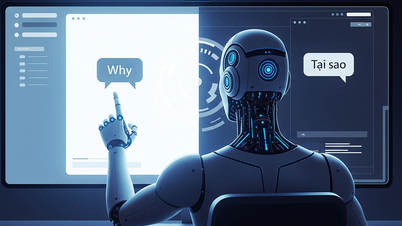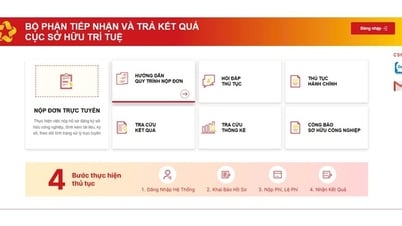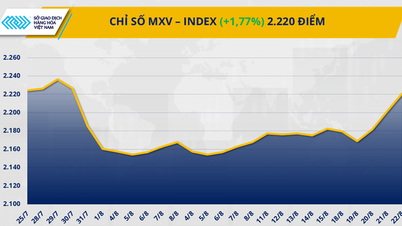
Humans are unconsciously teaching AI how to see, understand, and react to the world around them.
From the time you turn on your phone in the morning to the time you put it down late at night, what are you doing?
Opening emails, clearing spam, updating software, two-step authentication, deleting app notifications... Each of these actions serves the system: helping it clean up data, learn more about user behavior, optimize features, and ultimately make money for itself.
You think you control your device. But ask yourself: is it possible that your device is controlling your habits and actions?
Data Labor - Unpaid Work
We're used to thinking of "labor" as work in an office or factory. But in the digital age, there's a kind of silent labor: data labor.
When you enter a CAPTCHA, you're helping an AI system learn to recognize images. When you answer a "personalize your experience" survey, you're teaching a chatbot to understand human language. When you tag friends in photos, write captions, edit videos , you're training an AI model to do everything from advertising algorithms to content recommendations.
The catch is that you don’t get paid for these “hours.” On the contrary, the data you generate is sold to third parties by the platforms themselves for profit.
Technology learns from you, sells you, and then controls you.
Every click counts, not a single one is wasted. As you watch a YouTube video, the system gradually learns more about your emotions and preferences. Every key you press helps the 'smart' keyboard learn and improve its language usage, making predictions and suggestions more accurate.
And every bug you report helps the AI learn and fix itself without having to hire more testing engineers. It's a perfect loop: users create data, the technology learns from it, optimizes the user experience, and then repeats.
At first glance, it all seems to serve you. But as the system learns deeply, optimization takes on a different form: it goes beyond just responding to needs and begins to shape user behavior. What you think of as “convenience”—video recommendations, software updates, two-factor authentication—are actually training you to do repetitive actions.
Have you ever wondered: Why do I have to do two-step authentication every time I log in? Why does my software keep asking for updates? And why do I have to clear a bunch of notifications every day?
These things are not simply for "security" or "optimizing the experience" as the reasons often given. It is the way technology silently automates human behavior, making you gradually dependent on serving the giant data machine operating behind the digital curtain.
As researcher Shoshana Zuboff puts it: “If you're not the paying customer, you're probably the product.”
How not to be taken advantage of?
Getting out of the technology loop is not easy, but it is not impossible. First, look at your true role: you are not just a user, but a link in the technology value chain. The first thing to ask yourself is: what is the system using me for?
Next, reset your relationship with technology: turn off auto-play, turn off personalized recommendations, remove unnecessary permissions, prioritize open-source software, and install tools to block tracking and behavioral advertising.
Finally, learn to counteract by being critical. Every time a platform suggests something, stop for a second and ask yourself: "Is this really helping me or learning from me?"
If every day you have to clear notifications, validate, update, edit as a mindless habit, perhaps your roles are reversed.
Technology was born to serve people. But when it silently learns and profits from you without your knowledge, are you still a user, or have you become an unpaid employee of the digital system?
Who is really in control?
You think you’re using technology. But technology is actually using you to learn, to operate, to make money. In the data age, control is not about how well you use technology, but about stopping, filtering, and doubting.
Source: https://tuoitre.vn/cong-nghe-dang-am-tham-thue-ban-moi-ngay-ma-khong-tra-dong-nao-20250620100746538.htm








































































































Comment (0)